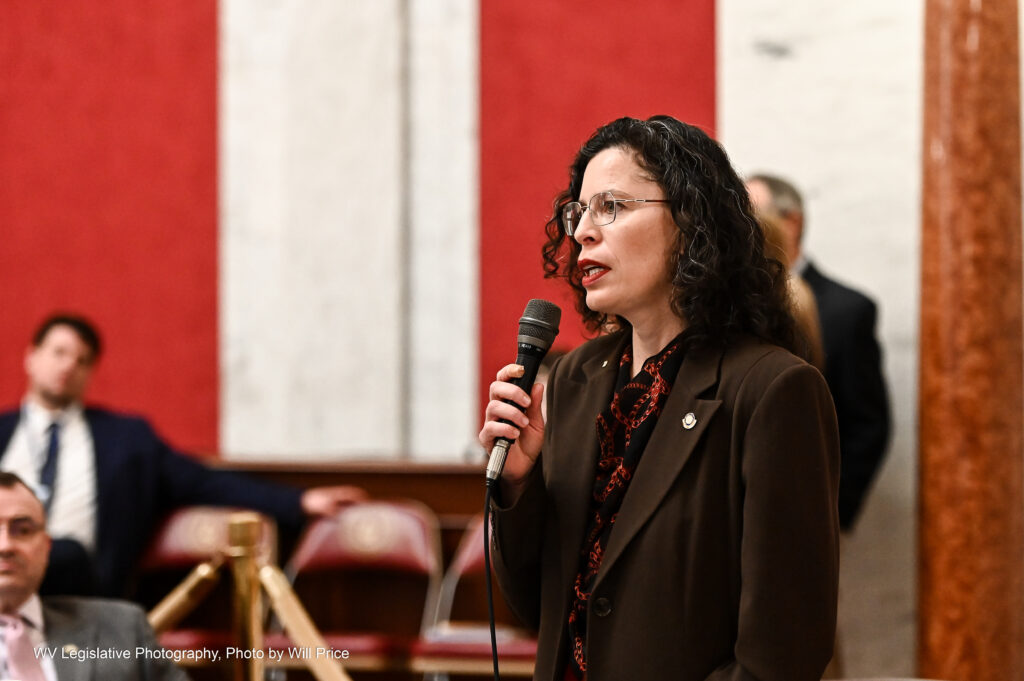The Legislative Auditor’s Office is set up to perform audits and analysis of state agencies. The office reports to the legislature, and findings and reports are made public.
Senate Bill 687 changes who the office answers to. Critics worry that it takes independence and transparency from the watchdog organization.
Supporters said it safeguards the process from a rogue bureaucrat and streamlines the office. Other supporters say it’s just a necessary change after the retirement of Aaron Allred, who served the office for 30 years.
The bill barely slipped through the GOP supermajority House, with dozens of Republicans joining the Democrats to vote against the bill.
It would have been the first bill to be rejected by the Senate this session after it was voted down 16-15.
But after it was initially rejected the Senate took a recess.
When they came back, Sen. Michael Azinger, R-Wood, who had originally voted against the bill, asked to reconsider his vote. A revote was issued.
Seven senators changed their vote, leading to its passage with 21 yes votes and 7 no votes.
Sen. Patricia Rucker, R-Jefferson, left before the second vote. She did want to comment on leaving early, and said she could not speak to what was said behind closed doors. She did say that there were things about the bill that just didn’t sit right with her.
“I actually don’t think the bill is needed,” Rucker said. “I was not shown any reason for why we needed this legislation. I also really don’t like the fact that it is decreasing transparency.”
Azinger said that he and others didn’t really understand the bill until it was explained to them in caucus in the recess, where GOP leadership dispelled some alleged misinformation.
Sen. Mike Caputo, D-Marion, said confusing bills with misleading titles coupled with code that diminish transparency are part of a broader trend.
“That’s something that they’ve been doing for the last few years,” Caputo said. “The majority party has creatively named bills that sound really good. So the public just hears that.”
He said it’s not always clear what the bills do.
“Sounds so harmless. And then you look into it, you’re going, ‘Wow, I didn’t realize that that would do that,” Caputo said.
Other bills passed today include topics on verifying age for the sale of vape products, patriotic organizations like the boy scouts having access to public schools, and the sale of raw milk.




















